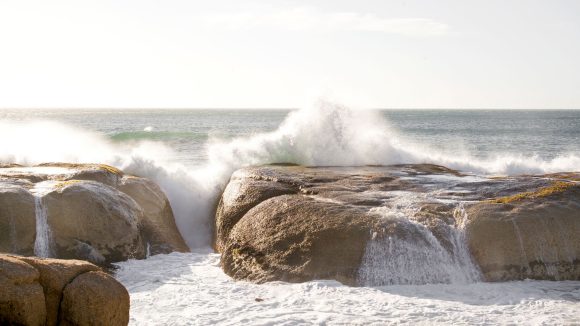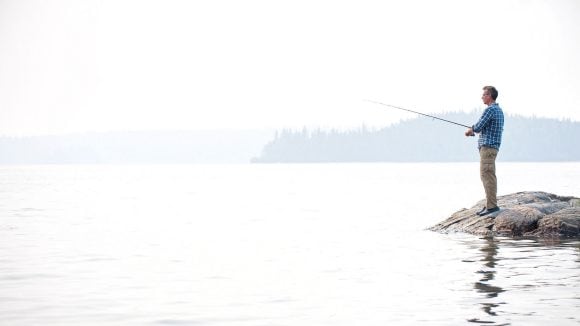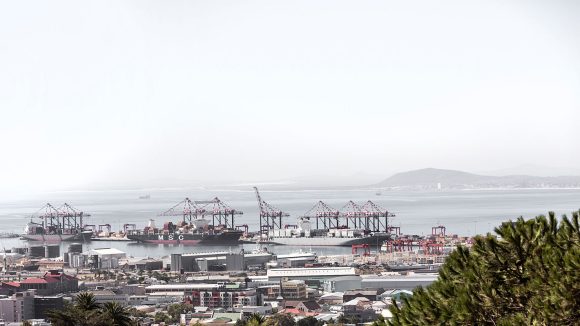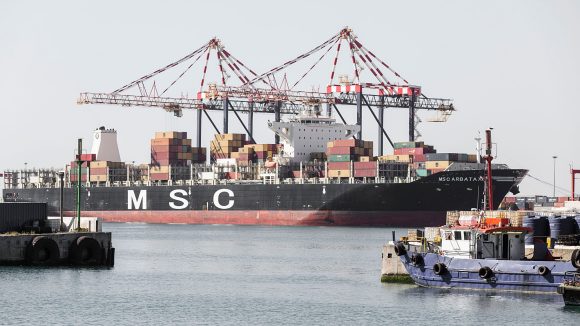While there are many reports related to the oceans, there is very little available to guide changemakers, philanthropists and impact investors who wish to engage in this field.
Sea beyond the Blue aims to fill this gap by:
- offering you a high-level understanding of the issue;
- providing you with guidance how you can engage; and
- highlighting solutions and real-life example via short case-studies, editorials, and interviews with leading experts and philanthropists.
You are a philanthropist or a world citizen curious about the oceans and protecting them? This guide is for you!
You are a philanthropist or a world citizen curious about the oceans and protecting them? This guide is for you!
With this guide, we are bringing you over 20 years of experience in advising our clients on strategic philanthropy and the expertise of over 60 ocean experts, philanthropists, and changemakers who shared with us – and now with you – what they feel the priorities for ocean conservation are, what they have learned over the years, and their best tips to help you take impactful actions.
Now is the time to act. Protecting the world's oceans requires a deep understanding of the issues affecting them. From there, we must commit to solving those issues – urgently.
A word from Phyllis Costanza, Head UBS in Society and CEO UBS Optimus Foundation and Mara Harvey Head UBS GWM Client Services
Sea beyond the Blue
A guide on oceans for philanthropists and changemakers

Time to act
Oceans are essential to our survival and yet they are at risk. Here is why – and these are only a few facts and figures!

They cover 71% of our planet4.

They generate more than 50% of the oxygen we breathe5.

They are the main source of animal protein for more than a billion people6.

They provide direct livelihoods for 200 million people6.

They are affected by warmer temperatures causing coral bleaching – in the last 30 years, over 50% of corals have died, and up to 90% may die by 20507.

They are overfished – 90% of fish stocks are either fully fished or overfished at unsustainable levels8.

Respectively, their conservation has received less than 1% of all philanthropic funding since 2009 and remains the least funded of all the Sustainable Development Goals (SDGs) 9.

They would represent the seventh-largest economy, if they were a country, with an estimated contribution of USD 24 trillion3.
Seychelles was the world’s first debt conversion for ocean protection.

Debt swap for nature: an innovative solution for more sustainable marine protected areas
Read the interview with Robert Weary, Deputy Managing Director, Blue Bonds at The Nature Conservancy
Sea beyond the Blue
A guide on oceans for philanthropists and changemakers
Start today: Tips for changemakers and ocean philanthropists
Take the time to understand the issues and landscape to define where you can add most value and make the best use of your resources.
Network – finding the program to support or research teams means talking to people, foundations, philanthropists and NGOs working in that area.
Be courageous and think big – philanthropic capital is arguably the greatest risk capital. As a philanthropist, you are free to take risk, while learning from fast analytical feedback systems.
Don’t reinvent the wheel – there are number of solutions already available. You can replicate and scale a program that has demonstrated a proof of concept or partner with experts and organizations on an existing initiative.
There is more than money – explore the landscape and where the needs are. Bringing your skills, your time, or opening your network can also add value.
Collaborate and partner with others – this will help make the most from your resources, leverage expertise, learn additional, different skills, and achieve large-scale sustainable impact.
Be a role model and an activist – raise awareness and lead by example by becoming responsible consumers and promoting best practices, e.g. in areas such as transport, food, consumer goods, household energy, and tourism.
Think beyond philanthropy – there are many paths to making impact, and they can reinforce each other. Grantmaking is one. One might also consider social financing in the forms of equity or loans, or look into personal engagement, entrepreneurial approaches, and investments.
We partner with you to maximize your impact – locally, nationally and globally
Also, when it comes to ocean philanthropy!
Sea beyond the Blue
A guide on oceans for philanthropists and changemakers

